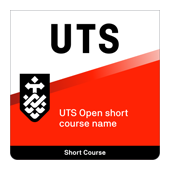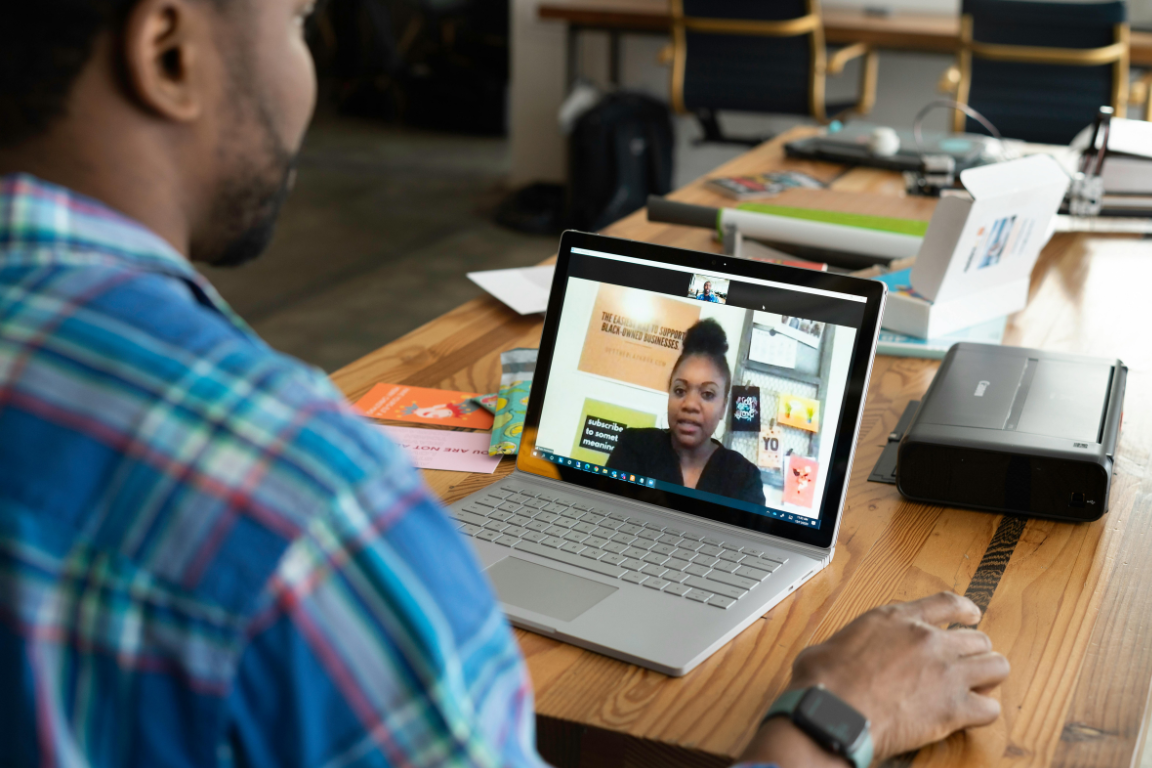Module 1 - Lean Start-up: experimenting with prototypes
This module will introduce you to make simple prototypes of products or services, test them with customers and use their feedback to improve your offer. With as many iterations as needed using as little resources as possible, you will learn key methods and tools of the Lean Start-up methodology. During the module you will:
- Learn different methods for experimenting with prototypes
- Learn how to create and test minimum viable products
- Reflect on your experience through a mastermind session.
Module 2 - Business models: finding market fit
In this module you will learn how to find market fit for new products and services. Understanding key business models, learning tools and methods to test for feasibility and viability will help you decide if a new offering will get traction. During the module you will:
- Learn different methods and tools to validate feasibility and viability of new solutions
- Reflect on your experience through a mastermind session.
Module 3 - Lean Start-up: measure everything
In this module you will be introduced to the benefits of measuring the factors that inform how well your product or service is performing in the market. Understanding key dependencies will help you to improve the value proposition as you gain traction. During the module you will:
- Learn different methods and tools to measure product and service success
- Reflect on your experience through a mastermind session.
Module 4 - Pitch for support: presenting your proposal
In this module, you will learn how to best present your entrepreneurial proposal when pitching for funding or budgeting purposes. You will practice your pitch and hone your presentation skills. During the module you will:
- Learn basic presentation and communication skills
- Reflect on your experience through a mastermind session.

















